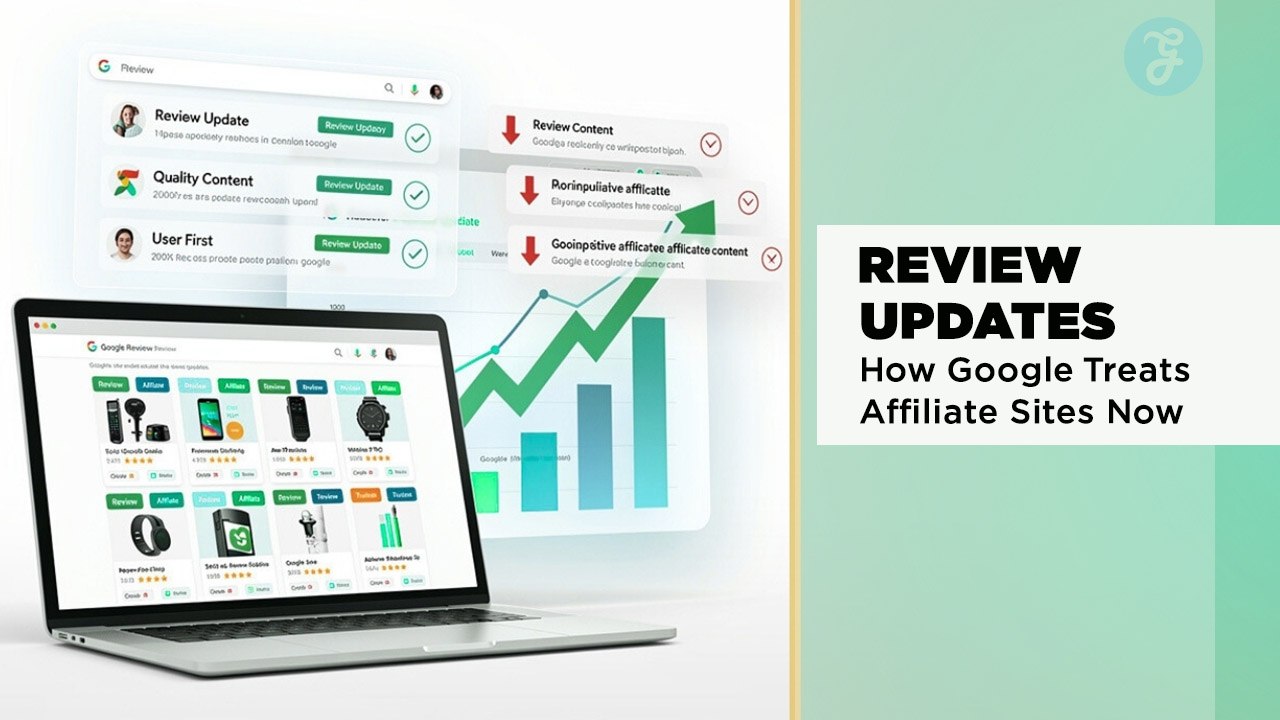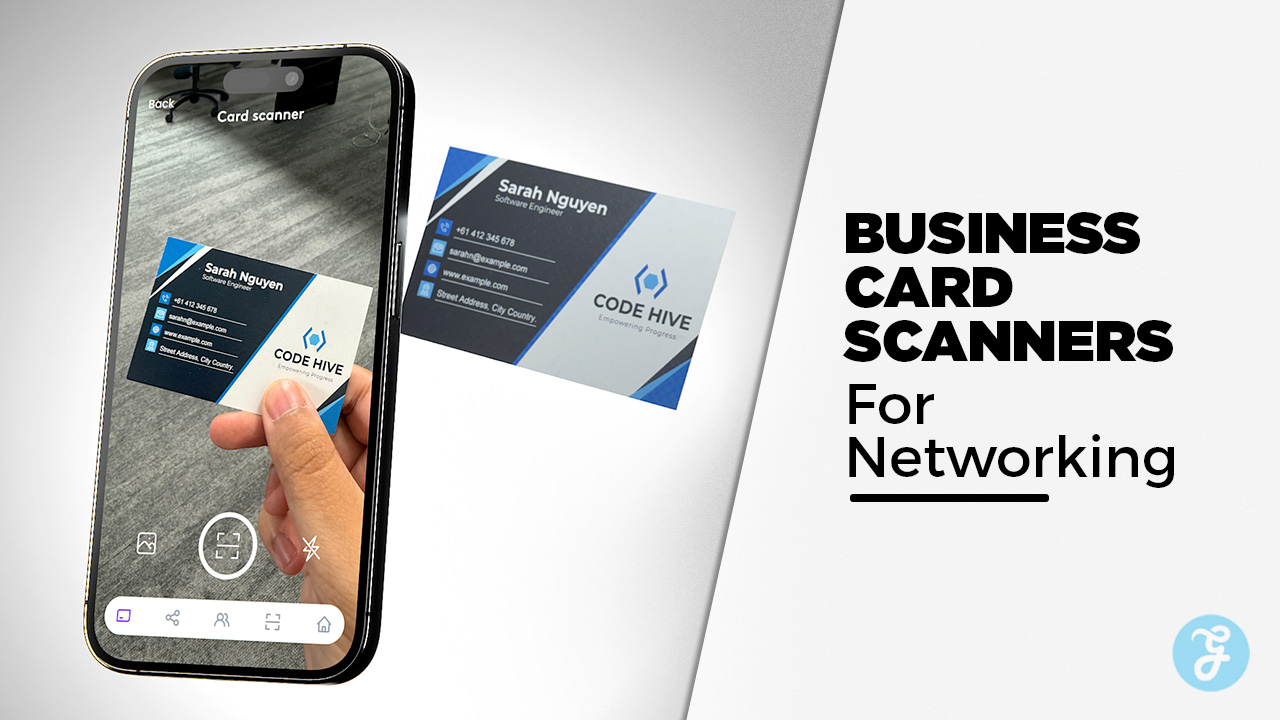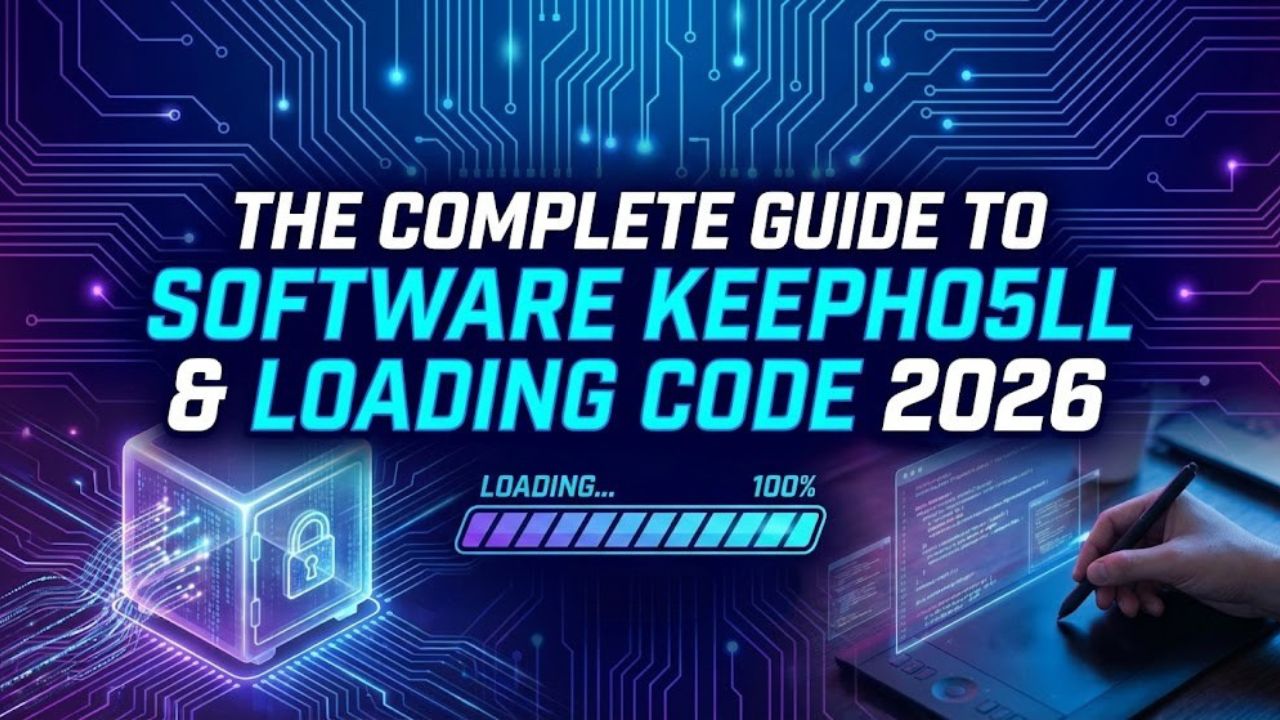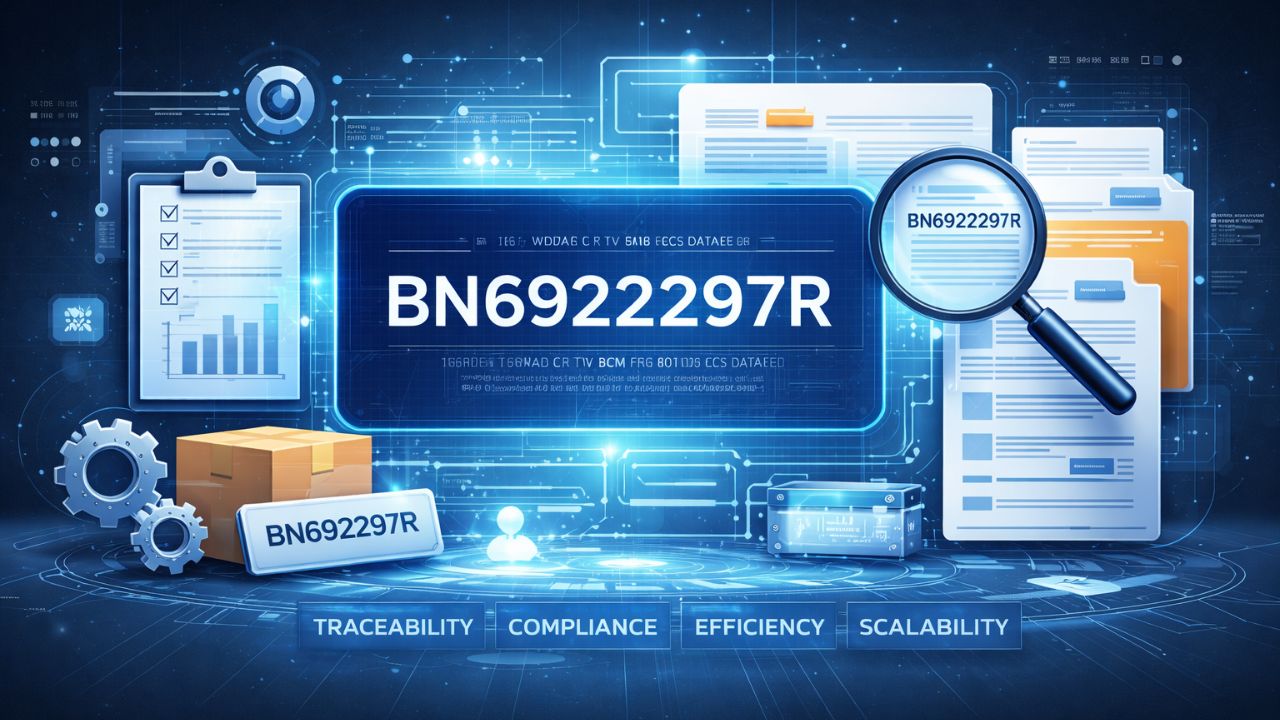As a home health care provider, you understand the critical importance of delivering quality patient care. However, you may overlook a crucial aspect of your operations: credentialing. Proper credentialing ensures regulatory compliance and streamlines your billing processes, ultimately impacting your bottom line. Whether you want to Optimize Hospice Billing with Management Software, this article will explore why credentialing matters, how it affects your billing efficiency, and what steps you can take to optimize your credentialing procedures.
Understanding the Importance of Credentialing in Home Health Care
Credentialing is crucial in ensuring the quality and safety of home healthcare services. It serves as a verification process that confirms healthcare providers possess the necessary qualifications, licenses, and experience to deliver care. By thoroughly vetting professionals, credentialing safeguards patients and maintains high standards within the industry.
Additionally, proper credentialing is essential for smooth billing processes. Insurance companies and government programs often require healthcare providers to be credentialed before reimbursing for services. This requirement helps prevent fraud and ensures that only qualified professionals are compensated for their work.
Credentialing in home health care protects patients, maintains regulatory compliance, and facilitates efficient financial operations with the right hospice management suite.
How Credentialing Ensures Compliance in Home Health Care Services
Credentialing plays a crucial role in maintaining compliance within home health care services. Verifying healthcare professionals’ qualifications, licenses, and certifications ensures that your organization meets regulatory requirements and industry standards. This process helps safeguard patient safety and quality of care while mitigating legal and financial risks.
Proper credentialing also facilitates smooth billing processes, as insurance companies and government programs often require proof of credentials before reimbursing for services. By staying up-to-date with credentialing, you demonstrate your commitment to excellence and build trust with patients, families, and payers. A robust credentialing system contributes to your home healthcare agency’s overall success and reputation.
The Role of Credentialing in Streamlining Billing Processes
Proper credentialing is crucial in streamlining billing processes for home healthcare providers. Ensuring that all healthcare professionals are thoroughly verified and compliant with regulatory requirements can significantly reduce claim denials and delays. This proactive approach allows smoother interactions with insurance companies and government payers, leading to faster reimbursements and improved cash flow.
A robust credentialing system also helps maintain accurate and up-to-date provider information, which is essential for submitting clean claims. By regularly verifying credentials and promptly updating any changes, you can minimize billing errors and avoid costly rework. Effective credentialing ensures compliance and contributes to a more efficient and financially stable home healthcare operation.
Key Elements of a Comprehensive Credentialing Program for Home Health Providers
A robust credentialing program for home health providers is essential for ensuring quality care and regulatory compliance. Key elements include thorough background checks and license verification to confirm the qualifications and integrity of healthcare professionals. Ongoing monitoring of credentials and certifications is crucial to maintain up-to-date records.
Implementing a streamlined application process with precise documentation requirements can expedite onboarding. Regular audits and reviews help identify gaps or discrepancies in the credentialing process. Utilizing automated credentialing software can significantly improve efficiency and accuracy, reducing the risk of human error. Clear communication channels with providers ensure timely updates and renewals of necessary credentials.
Strategies for Maintaining Credentialing and Staying Compliant
Implement a robust credentialing management system to ensure ongoing compliance and smooth operations. Regularly audit your processes to identify gaps and areas for improvement. Stay informed about changing regulations and industry standards by subscribing to relevant publications and attending professional conferences.
Invest in staff training to keep your team up-to-date on credentialing requirements. Consider utilizing specialized software to automate credential tracking and renewal reminders. Establish communication channels with your staff and healthcare providers to facilitate timely document submissions.
Develop a proactive approach by creating a credentialing calendar that outlines key deadlines and renewal dates. This will help you stay ahead of expiring credentials and avoid compliance issues that could disrupt billing processes.
Takeaways
Robust credentialing practices are essential for home health agencies to ensure regulatory compliance, maintain high-quality patient care, and facilitate smooth billing processes. Whether you are looking to Optimize Hospice Billing with Management Software, implementing comprehensive credentialing procedures can mitigate risks, enhance your agency’s reputation, and streamline operations. Remember that credentialing is an ongoing process that requires diligence and regular updates.




































